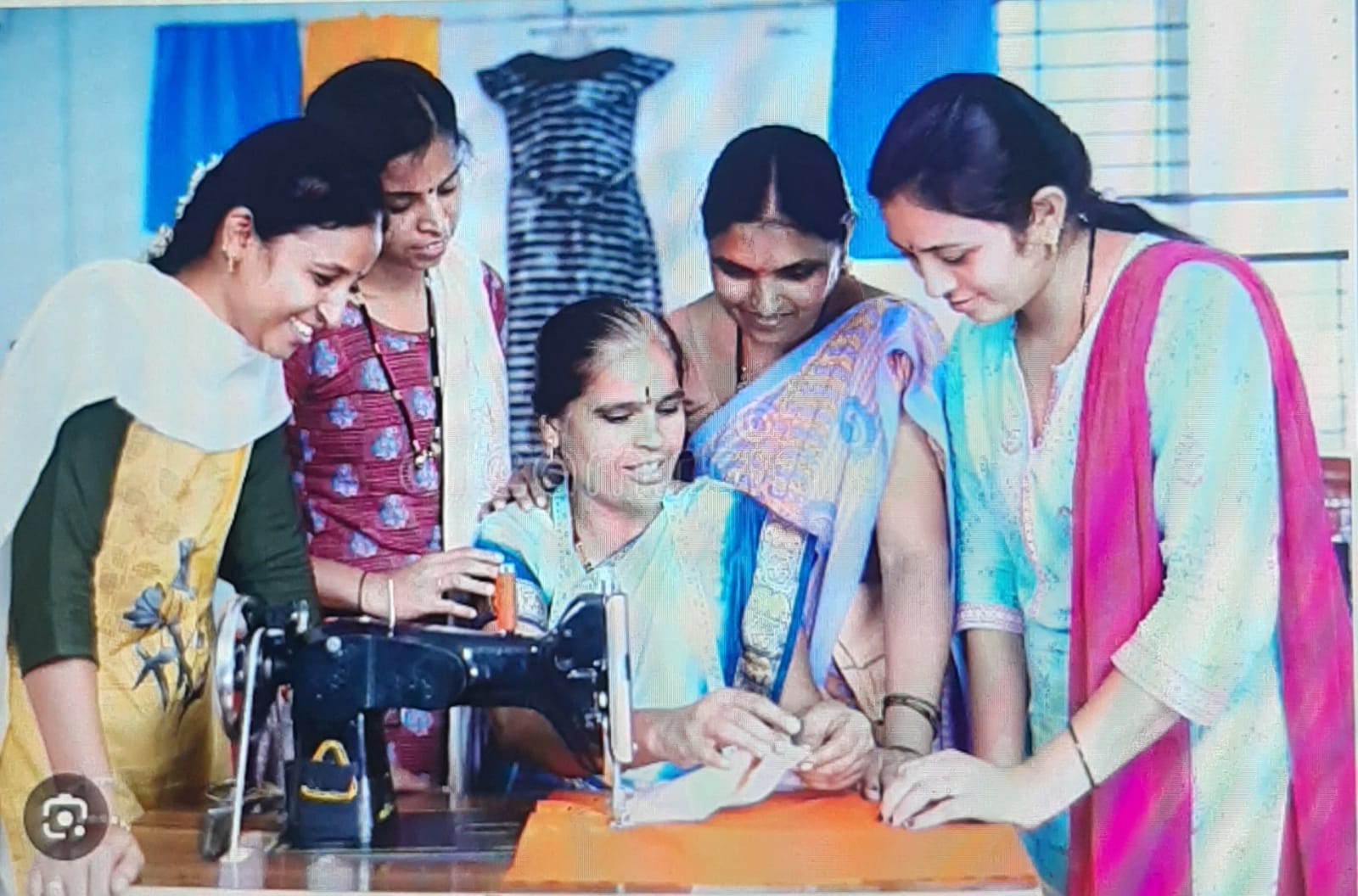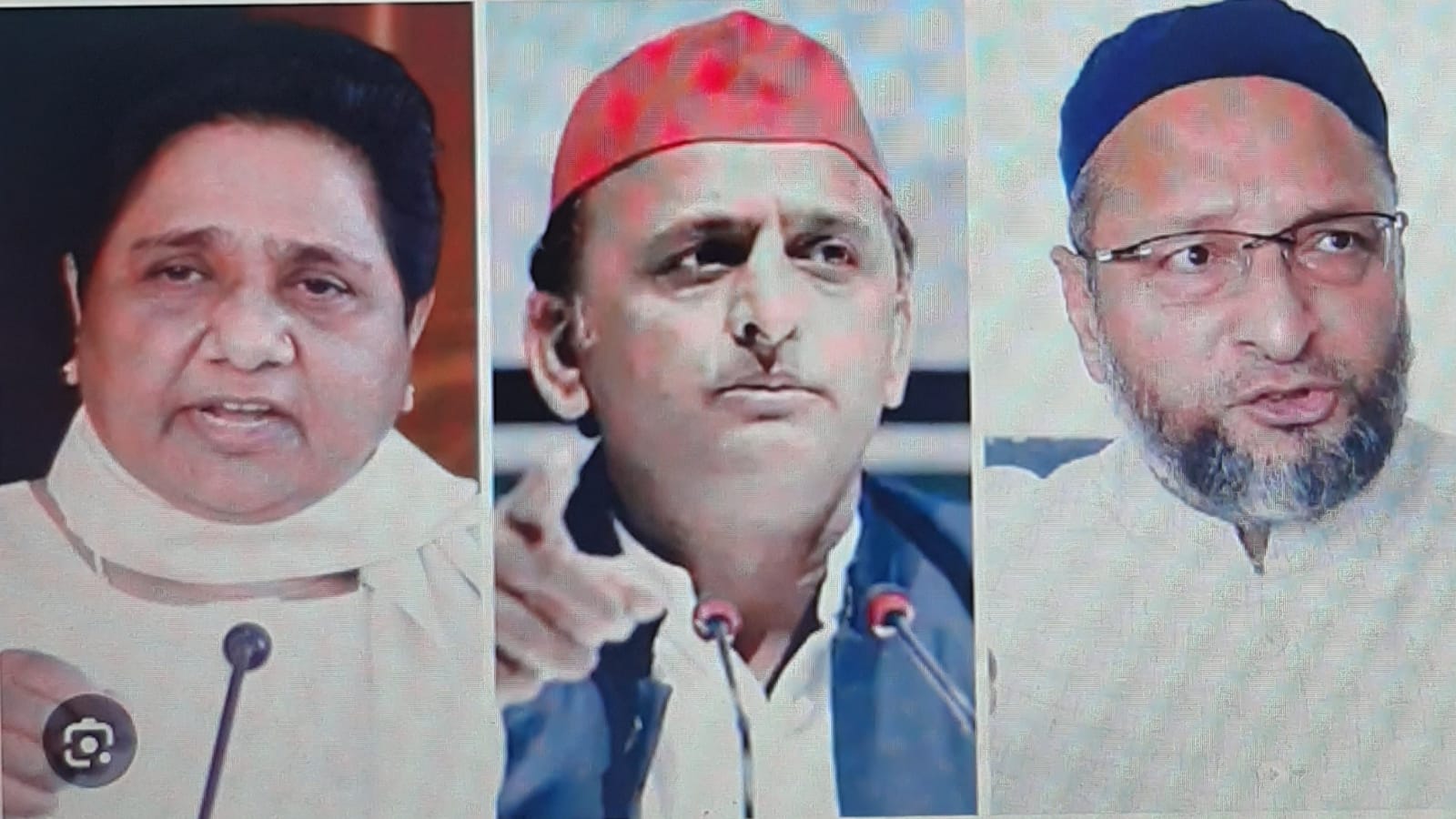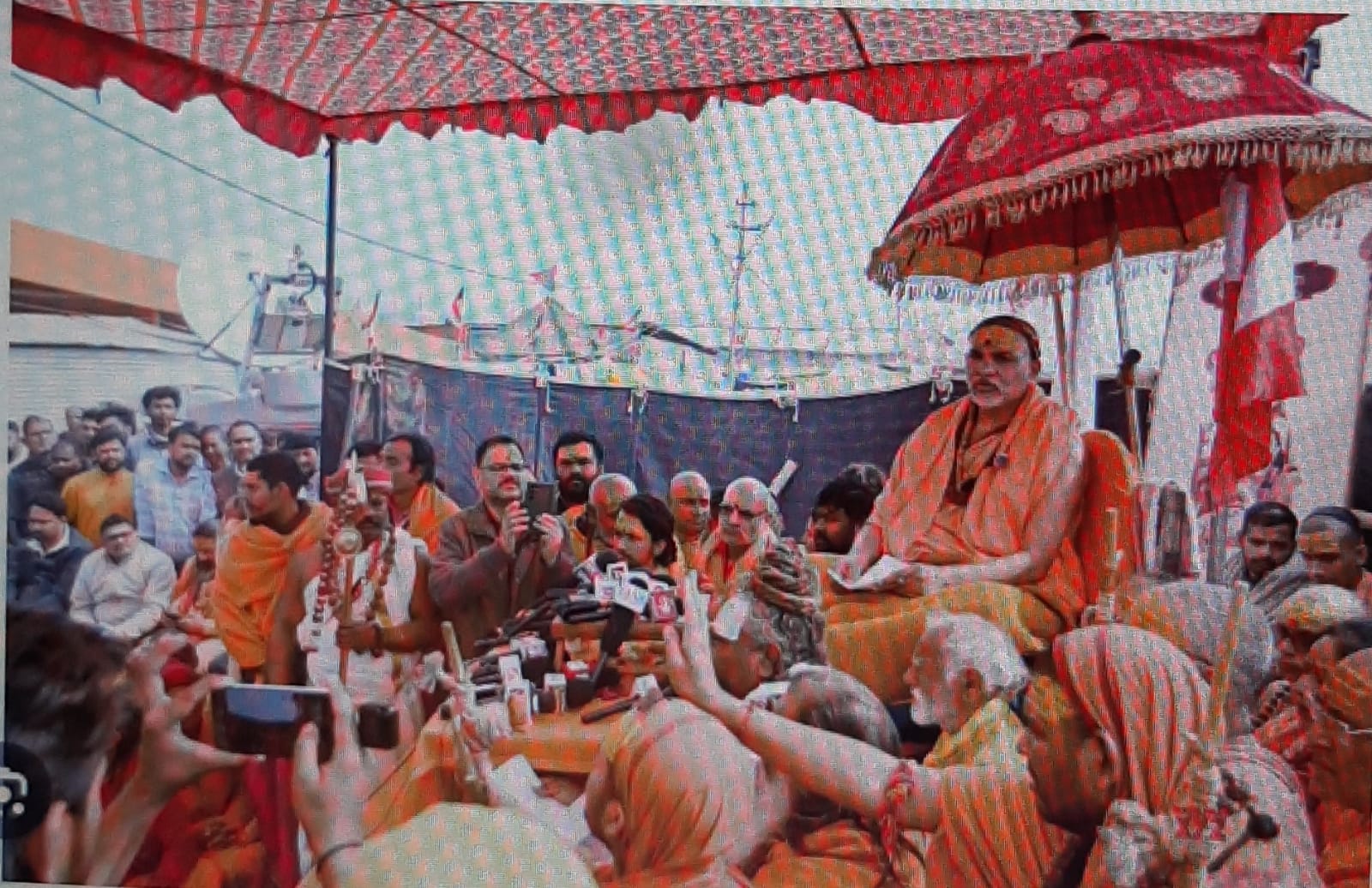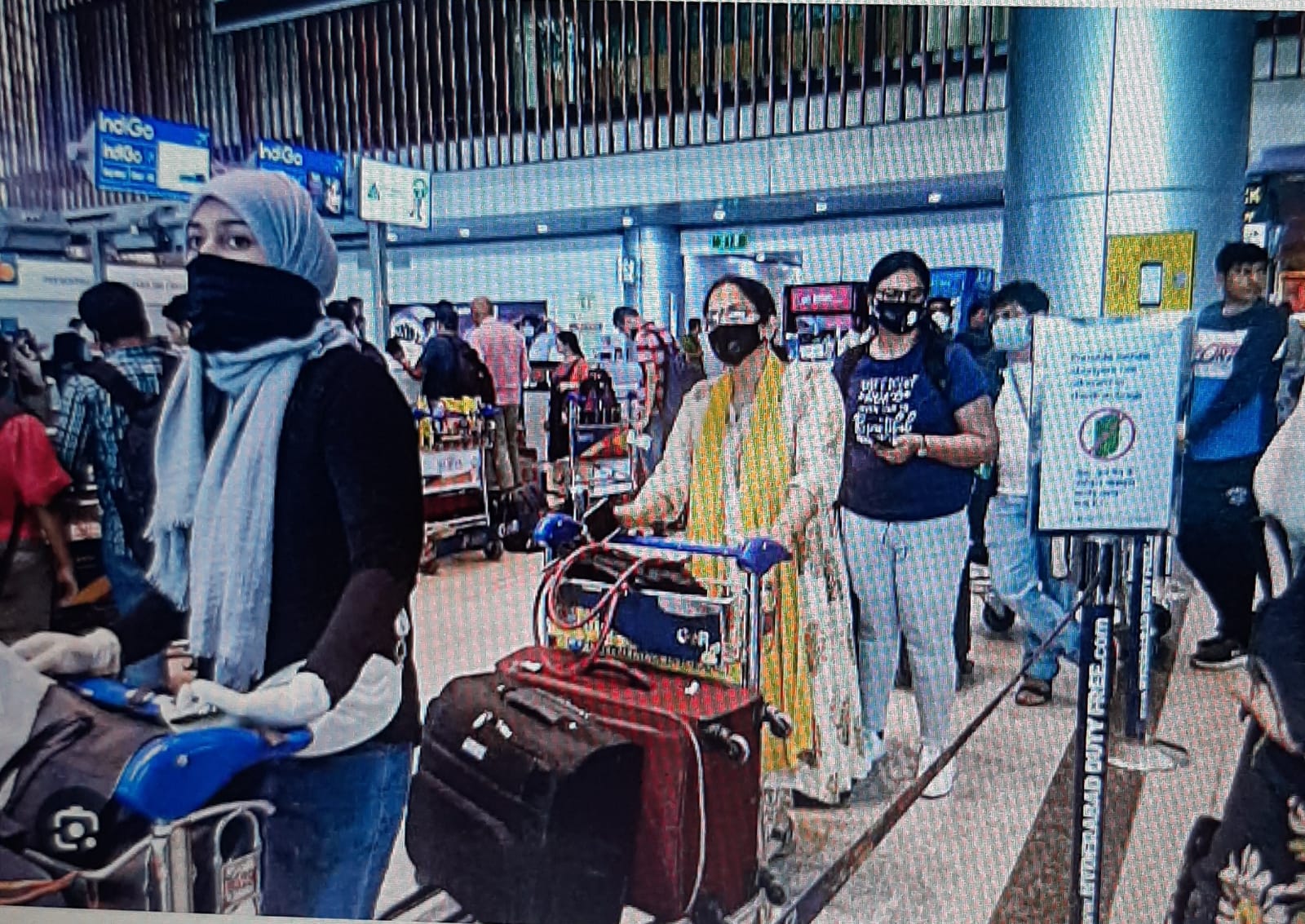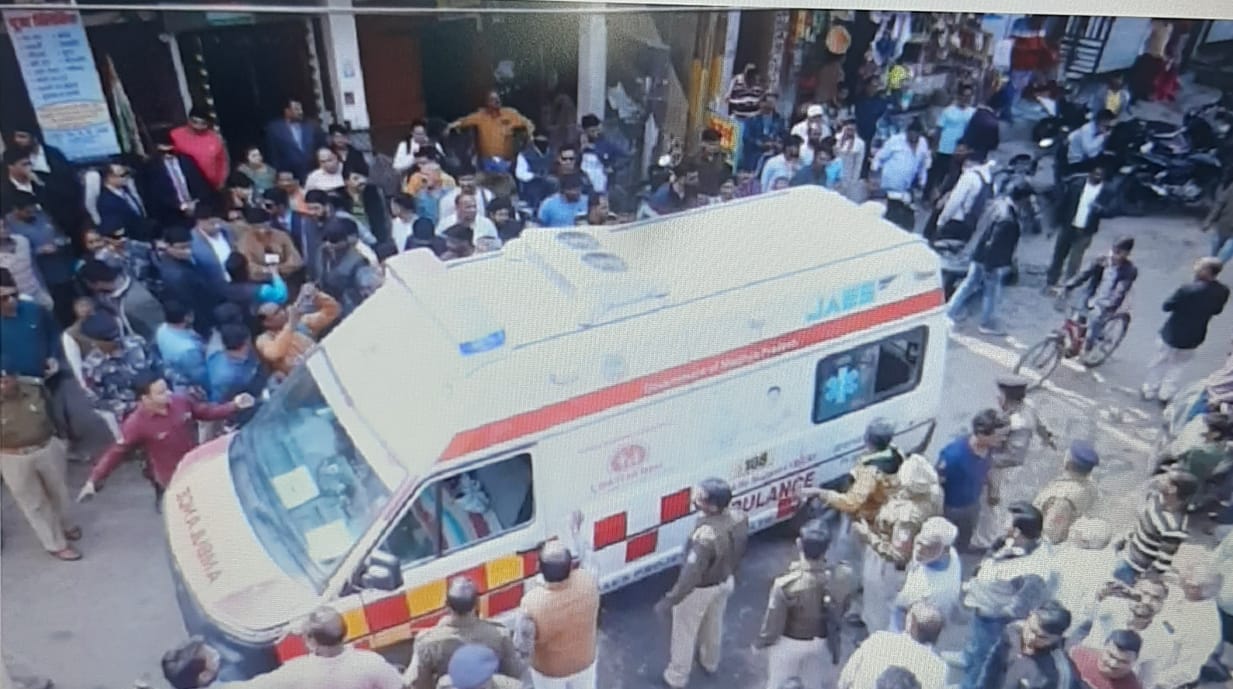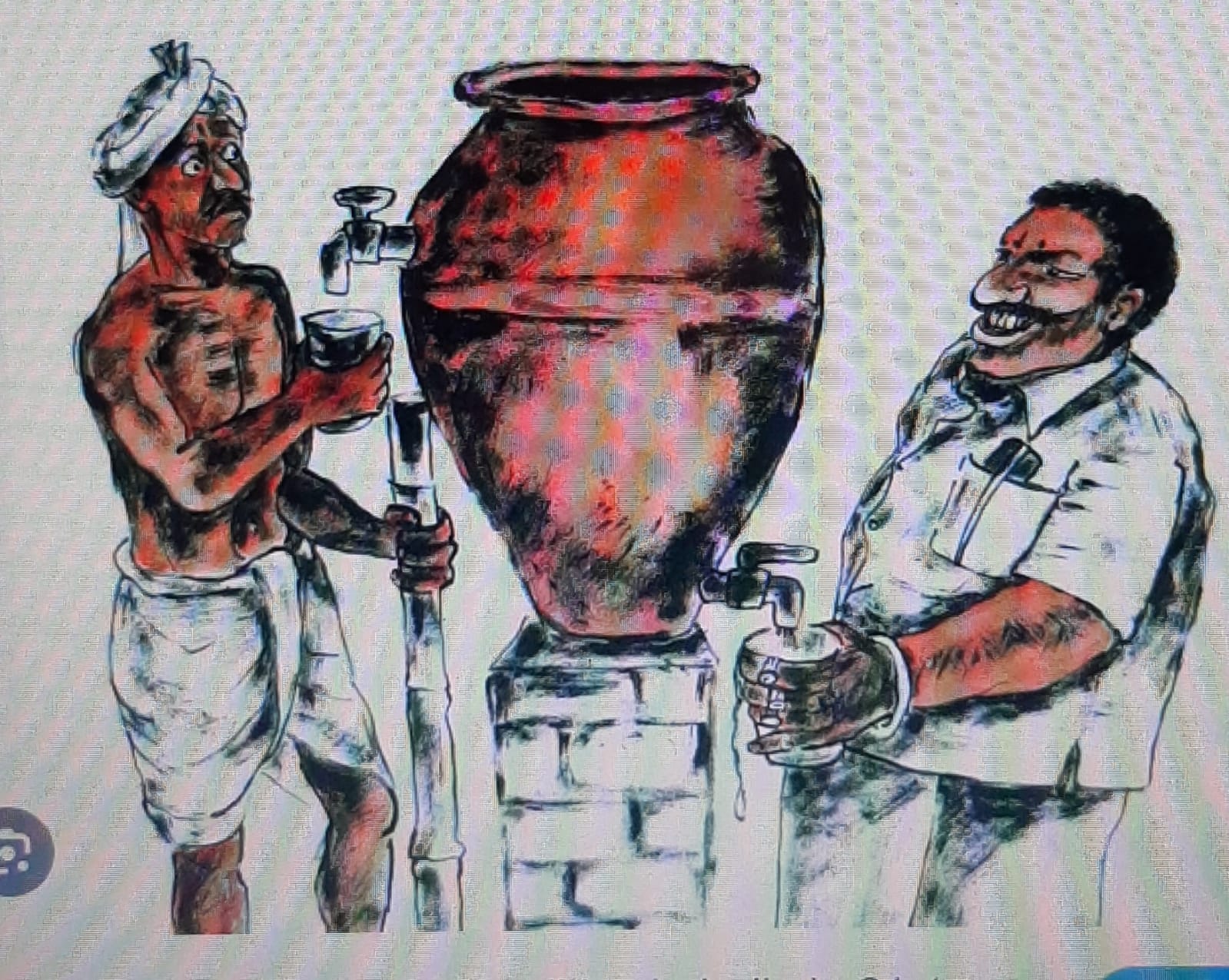
The prevailing situation needs to be altered at the earliest and beginning has to be made with overhaul of our current economic policy paradigm. Gone are the days for policies pursued by Reagan’s and Thatcher’s. Government must reconsider it’s neo liberal economic policy framework. Better late than, writes former IAS officer V.S.Pandey
Our country is now the fourth largest economy in the world. This is a well-documented fact that for thousands of years that our country was one of the richest country on this planet, so reaching fourth ladder should not come as a surprise to any one . Many prominent scholars and economists had long predicted that India is very well placed to take a leap forward to become an economic super power in near future. Country has all the ingredients to attain its goal of zero poverty and professed social, economic and political equality as enshrined in our constitution. It is widely accepted across the globe that we as a country have not succeeded so far to attain our potential and match our achievements of past several millennia.
To do so country has to tackle some of the biggest problems that it faces today namely corruption, unemployment, grave inequality, crumbling education and health services, to name a few.
Despite tall claims made by successive governments of “ zero tolerance to corruption” , our country is known for its widespread corruption across the sectors, thanks to the thoroughly corrupt political and bureaucratic setup. None of the governments, in the states or at center , ever tried sincerely to tackle the issue head on for reasons best known to them. There is a wide spread feeling amongst those who had the occasion to serve at the top positions in central government and states that never ever any of the political executive, at the helm of affairs, showed any inclination to even discuss the issue, what to talk about eradicating corruption.
With the malaise of corruption eating into the vitals of our society and system at the very top, the disease is now well entrenched from top to bottom and hapless people have no where to go to get justice system. With the crumbling of political and bureaucratic system, all other organs of our system like judiciary, media etc also caved in. The results are all before us to see and feel frustrated. The problem of overarching corruption needs to be tackled first and foremost at any cost to enable India to march forward. Unfortunately corruption is the mother of all problems and has to be addressed first.
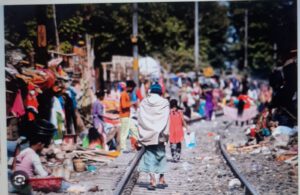
Sadly, India is today one of the most iniquitous country on planet. The ever increasing gap between the haves and have nots has reached such alarming levels that it is now ready to destabilise our society with serious consequences. Many other countries are also witnessing increasing gap between rich and poor but here the problem is acquiring a serious proposition with handful of people have acquired more wealth than the bottom fifty percent of the population put together . This is certainly the result of neo liberal economic policies adopted by successive governments over the past several decades now. These neo liberal economic policies had promised rapid economic growth and had professed that “trickle down” effect will lift everyone out of poverty and provide enough for everyone to live a decent and dignified life. That did not happen despite tall claims of the neo liberal economic agenda. Instead it allowed unbridled accumulation of wealth in few hands at the cost of our deprived millions of country men and women. It is the result of this lopsided economic system that today more than ninety percent of our health care system is in private hand well beyond the reach of more than eighty crore brethren. State health sector which was to cater to the poor and deprived sections of our population was the biggest casualty with terrible consequences for the have nots.
Same is the story of our education sector which has become a big time money spinner for the greedy deep pockets who are now well entrenched and will be difficult to dislodge. It is not been suggested that private sector should not be allowed in these crucial sectors, the suggestion is that governments have to spent more to ensure that publicly funded hospitals and school-colleges provide top quality health and education services for those who don’t have deep pockets and lack adequate resources to consume privately provided health and education services.
Problem of unemployment is the direct consequence of the economic policies implemented at present by governments as they are single mindedly pushing for more and more profits, keeping in mind only the interest of few shareholders at the cost of more than hundred crore individuals who have no resources but only their “one vote”.
The moot question is why any country adopts democracy ? Answer is – humanity could so far come up with Democracy as the best form of government giving voice to every citizen and allowing him to participate in the government formation to care of his or hers welfare. Should a democratically elected government bother about few rich citizens with tons of wealth or bother about the interest of more hundred crore common citizen’s welfare? Answer to this question should drive the policy alternatives not other wise. Published database presents a picture which is totally contrary to the arguments given in support of current economics policies and prescriptions like reducing corporate and income taxes encourage investments. Certainly accumulation of tons of wealth in hand of few does not increases consumption levels but enhanced income in the hands of common people does push the growth northward.
India has a young population with more than forty crore people in the working age group waiting eagerly to become part of countries growth story but sadly situation is not at all looking rosy for them. With crores and crores of young people ready to contribute to the growth story of our country, it is sad and disappointing that we are still in competition with countries like Germany , Japan , Britain etc.with population one twentieth of ours. Waiting for private sector to provide jobs for crores is a futile exercise , as futile as believing that trickle down effect will remove poverty. Even after seventy seven years of independence, we are almost at the bottom of the list of poor countries with least per capita income.
The prevailing situation needs to be altered at the earliest and beginning has to be made with overhaul of our current economic policy paradigm. Gone are the days for policies pursued by Reagan’s and Thatcher’s. Government must reconsider it’s neo liberal economic policy framework. Better late than.
(Vijay Shankar Pandey is former Secretary Government of India)


